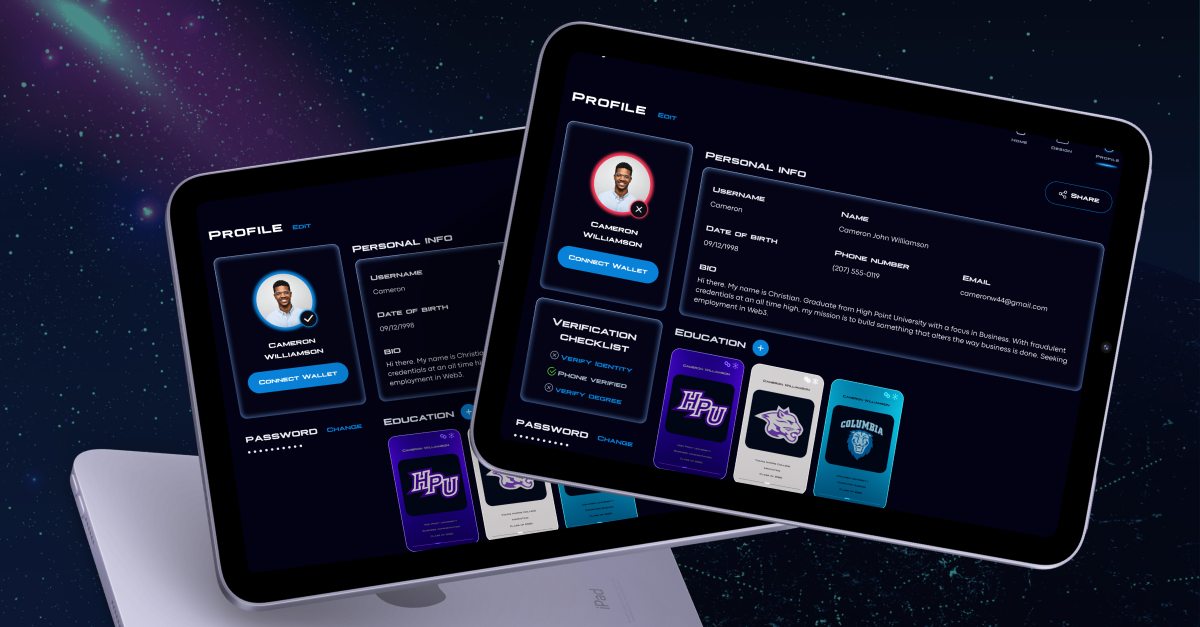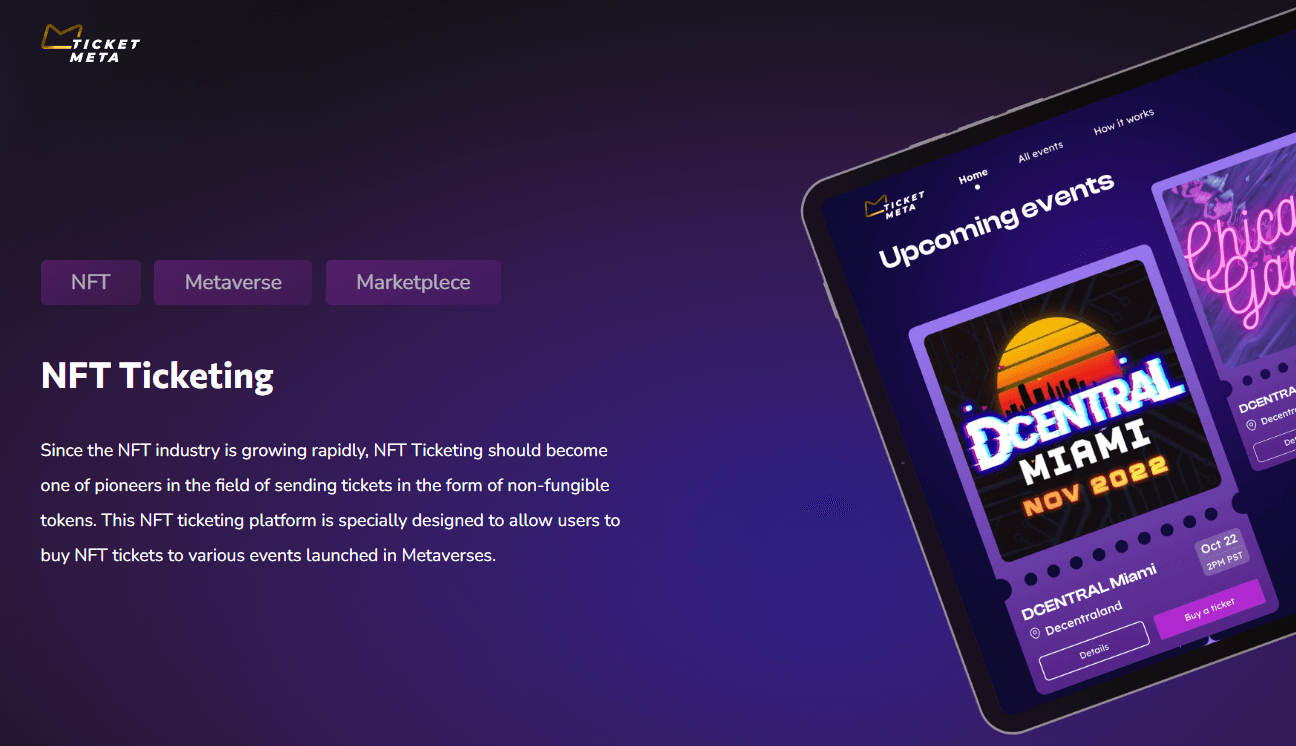In the past few years, blockchain has indeed become the game changer for multiple industries, introducing smart contracts for secure, decentralized handling of transactions and operations. The blockchain landscape is continuously evolving, so smart contract developers must monitor the latest trends, features, and technologies. In this article, we’re focusing on the best practices for Ethereum smart contract development.
Key Statistics
 $17.46 billion
$17.46 billion
The global blockchain technology market size was estimated at $17.46 billion in 2023.
 $20,938 million
$20,938 million
The global blockchain Internet of Things market is expected to grow to $20,938.59 million by 2032.
 $7.8 Billion
$7.8 Billion
The global healthcare smart contracts market size is forecast to reach $7.83 billion by 2030.
What are Ethereum Smart Contracts?

Smart contracts are contracts that are self-executed when the pre-established conditions are met. Ethereum smart contracts contain agreement terms written into lines of code on the Ethereum blockchain.
Since the contracts are automatically executed under certain conditions, the technology eliminates the need for intermediaries. The decentralized and immutable nature of smart contracts increases transaction security and efficiency. They also automate processes, thus saving time and reducing the risk of human errors.
Some of the most popular use cases of smart contracts include the legal industry, supply chain management, gaming, healthcare, health insurance, etc.
Components of Ethereum Smart Contracts
Ethereum Virtual Machine
Ethereum Virtual Machine (EVM) is software that executes smart contracts and computes the Ethereum network state after new blocks are added to the chain. The EVM processes and executes code written in Ethereum’s native programming languages (e.g., Solidity and Serpent), which compile into EVM bytecode.
EVM plays a crucial role in creating decentralized apps for decentralized finance (DeFi) and non-fungible tokens (NFTs), facilitating fast, secure, and deterministic execution of smart contracts.
Solidity
Solidity is a statically typed high-level programming language similar to JavaScript. Due to its simplicity and readability, it’s commonly used for writing smart contracts on EVM. Solidity compiles to EVM bytecode and can be created with Remix or another IDE.
Solidity’s various features and constructs facilitate efficient and secure smart contract development. This programming language is highly responsive to testing and debugging due to the integrated logging, assertions, and other features that assist in bug prevention.
Gas
Gas is the cost of computational resources needed to execute a smart contract or transaction. Each operation consumes a certain amount of gas, which is paid for with Ether (ETH).
The gas price depends on the computational complexity and speed of transactions. Users determine the price, and miners often favor transactions with higher gas prices. Each smart contract has its own gas limit, defining the maximum amount of gas per block before failing to execute a transaction due to insufficient funds.
The gas system in the EVM serves two primary purposes. Firstly, it prevents abuse of the network and ensures a fair and efficient resource allocation by making resource consumption costly. And secondly, it incentivizes miners and nodes to process transactions by offering gas transaction fees.

Top 12 Solidity Best Practices for Ethereum Smart Contracts
-
Implement Invariants
Solidity triggers an asset safeguard in case an assertation fails. Developers can use the assert() function to fix the token to Ether issuance ratio in a token issuance contract.
-
Remember About the Integer Divisions
Remember that in Ethereum smart contracts developed using Solidity, integer divisions round down to the nearest integer. Therefore, store both the denominator and the numerator or use a multiplier for more precision.
-
Keep Fallback Functions Simple
Fallback functions act as a default response when there’s surplus gas or there are no matching functions. Given the nature of fallback functions, it’s crucial to keep them simple, concise, and directly address the purpose they serve. Otherwise, you may face unforeseen issues or confusion among those interacting with the smart contract.
-
Use Modifiers Properly
The code in the modifier is generally executed before the function body, which can break the checks-effects-interactions pattern if state changes or external calls occur. Hence, Ethereum smart contract developers must use modifiers for replacing the duplicate condition checks across various functions. Smart contract developers can also use require() or revert() inside the function to improve the code readability and facilitate auditing.
-
Use Convenience Functions Properly
Convenience functions include assert() and require(), which are used to search for conditions and throw an exception if the conditions aren’t met. The assert() function is used in testing for internal errors and verifying variants. The require() function validates the return values of calls and ensures that conditions are valid.
-
Check Data Length in Fallback Functions
Developers should check the data length of fallback functions, as they are used not only for Ether transfers but also when there are no matching functions. Therefore, if you intend to use the fallback function only to log the received Ether, you must ensure that the data is empty. Otherwise, callers will notice that your contract is not being used correctly.
-
Be Attentive to Abstract Contract and Interfaces
Both abstract contracts and interfaces offer a flexible and reusable approach for contract design before implementation. However, interfaces have restrictions on storage access or inheritance from other interfaces and don’t support the function’s implementation. This makes abstract contracts a more practical choice. Thus, if a contract inherits from an abstract contract, it must implement all unrealized functions; otherwise, it will also become abstract.
-
Safeguard the Pragmas
Pragma indicates the version of the compiler that was intended by the authors of the contract. It’s essential to deploy the contracts with the relevant compiler version and flags with which they have been tested the most. Safeguarding the Pragma ensures that you don’t deploy the contracts using a different compiler with a higher risk of undetected bugs.
-
Use Events For Monitoring Contract Activity
Events can be used to document everything that happens in a smart contract. Additionally, events can be used for triggering functions in the user interface and tracking the transactions history. All transactions that pass through a contract will appear in the events list of that contract, along with the amount of money. Emitted events remain in the blockchain along with other contract data and are always available for future audits.
-
Know That “Built-ins” Can be Shadowed
Shadowing “built-ins” can be used to override the contract’s functionalities, which can be misleading to the contract users. Therefore, auditors and contract users need to know the entire source code of the contract in the application they intend to use.
-
Avoid Using tx.origin
Avoid using tx.origin for authorization, as it limits interoperability. Another contract that has funds in your contract can call it using some method. This will lead to your contract authorizing the transaction because your address is currently tx.origin. It’s better to use msg.sender for authorization instead.
-
Use Explicit Marking
A payable modifier must be used for all functions receiving Ether, and it’s only applicable to calls from external contracts. Developers should also explicitly mark visibility in functions and state variables to facilitate easy detection of incorrect assumptions regarding the variable’s accessibility.
How Can Interexy Help?
Interexy is one of the Top Blockchain Development Companies in London, Miami, and Dubai, according to Clutch. As a custom software development company, we specialize in crafting innovative solutions for Blockchain, Healthcare, FinTech, AR/VR, and other industries.
Blockchain developers at Interexy are experienced in various blockchain technologies and frameworks, such as Ethereum, Polygon, Hyperledger Fabric, Solidity, JavaScript, and Python. Our team can help you build smart contracts, cryptocurrency apps, tokens, dApps, and NFTs.
Explore our smart contract expertise and learn how Interexy can help you!
Book a call with our expertsFinal Thoughts
Various industries have already enjoyed blockchain’s decentralized and immutable nature and improved efficiency, security, and transparency. Although blockchain technology and smart contracts are still emerging, there’s no doubt they hold great potential for further growth and innovation. In the next decades, we will see increased adoption of the Ethereum blockchain and new use cases across multiple industries. We can expect a widespread expansion of decentralized applications (dApps) and more scalable solutions.

FAQs
-
What are Ethereum smart contracts?
Smart contracts are self-executed agreements in the encoded format. They are enforced automatically when the predetermined conditions are met. Ethereum smart contracts work on the Ethereum blockchain.
-
How do Ethereum smart contracts work?
Developers create smart contracts using high-level programming languages, such as Solidity and Serpent and compile the contracts into low-level bytecode, which is stored on the Ethereum blockchain. A computer network called the Ethereum Virtual Machine (EVM) executes the bytecode. Transactions carried out on the blockchain trigger smart contracts to execute the agreement terms written into code.
-
What are the benefits of Ethereum smart contracts?
Blockchain’s decentralized and immutable nature ensures transparency and security of transactions and agreement terms, as the data is stored on multiple computers. Ethereum smart contracts help automate transactions and streamline operations, minimizing the need for intermediaries and reducing fraud risks.
-
What industries use smart contracts?
Smart contracts are used in multiple industries, including logistics, finance, real estate, healthcare, supply chain management, insurance, and legal industry. Smart contracts have become an integral part of business operations, offering secure data management and streamlined processes.







